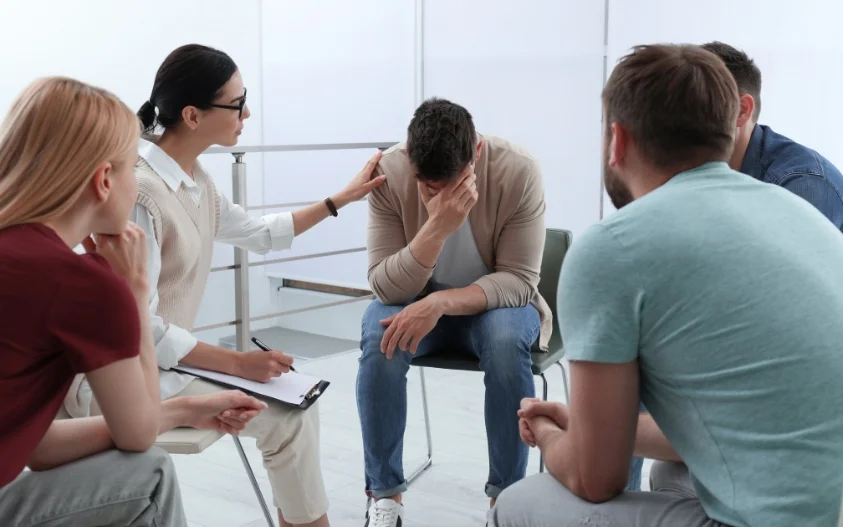24/7 Helpline:
(866) 899-221924/7 Helpline:
(866) 899-2219
Learn more about PTSD Rehab centers in Cortez
PTSD Rehab in Other Cities

Other Insurance Options

GEHA

Aetna

Health Net

UnitedHealth Group

Humana

BlueCross

Sliding scale payment assistance

Highmark

WellPoint

Self-pay options

Ceridian

MHNNet Behavioral Health

Oxford

BlueShield

Providence

EmblemHealth

American Behavioral

Sutter

Meritain

UMR

The Recovery Center
The Recovery Center is a non-profit rehab located in Cortez, Colorado. The Recovery Center specializ...

1st Alliance Treatment Services
1st Alliance Treatment Services is located in Cortez, Colorado. 1st Alliance Treatment Services prov...

Misfit Addiction Counseling
Misfit Addiction Counseling is a public rehab located in Cortez, Colorado. Misfit Addiction Counseli...














































